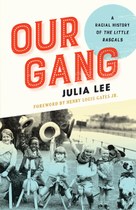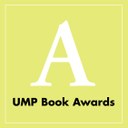Shepherd Express: Little Rascals or Little Racists?
 Some people, especially the professional complainers of political correctness, have called “The Little Rascals” racist. In consequence, many episodes from this series of short movies from the 1930s have been shelved or censored to remove objectionable moments.
Some people, especially the professional complainers of political correctness, have called “The Little Rascals” racist. In consequence, many episodes from this series of short movies from the 1930s have been shelved or censored to remove objectionable moments.
But as Henry Louis Gates Jr. writes in his forward to Our Gang: A Racial History of The Little Rascals (published by University of Minnesota Press), it’s not that simple. For him, watching “The Little Rascals” (aka “Our Gang”) on TV as a child during the opening phase of the civil rights movement, those short flicks were “a metaphor for that change” on the horizon. Nowadays we expect at least token integration in movies and television—a black buddy or soul sister if nothing else. But “The Little Rascals” were a startling sight on movie screens during the 1930 and television screens in the ‘50s and ‘60s. They were a racially integrated bunch of kids, making mischief together and thumbing their noses at the rules without being under the leadership of any white child star. Shirley Temple didn’t come in and take charge.
By: David Luhrssen
Story Date: 2016-01-21T05:51:00+00:00



